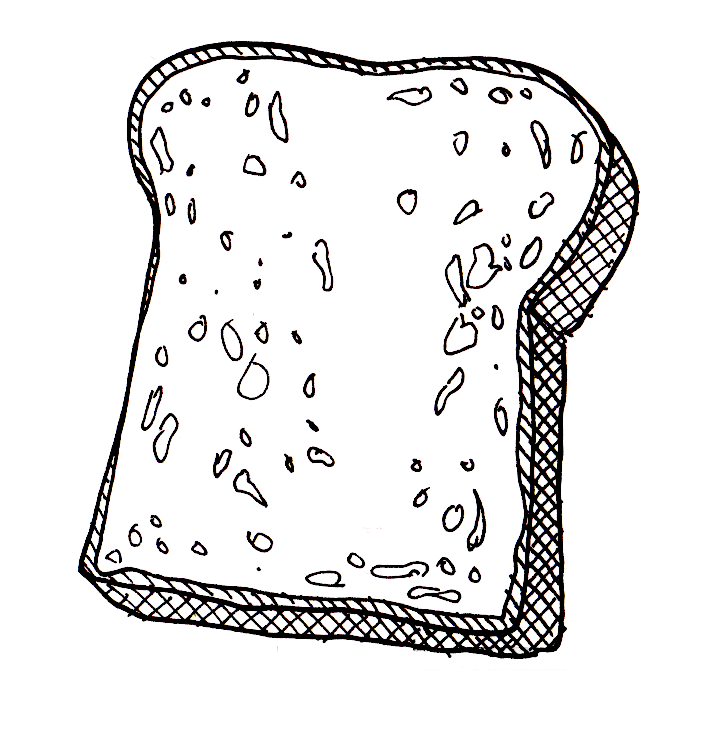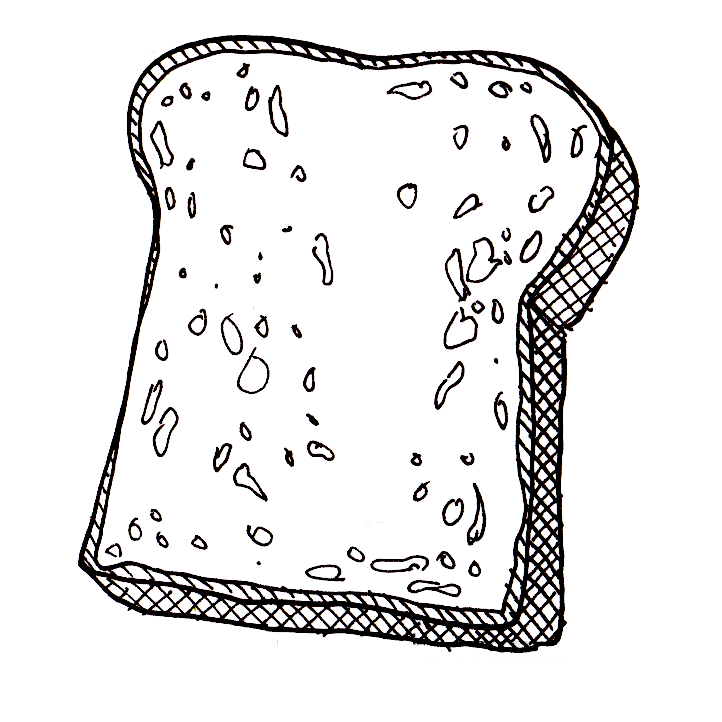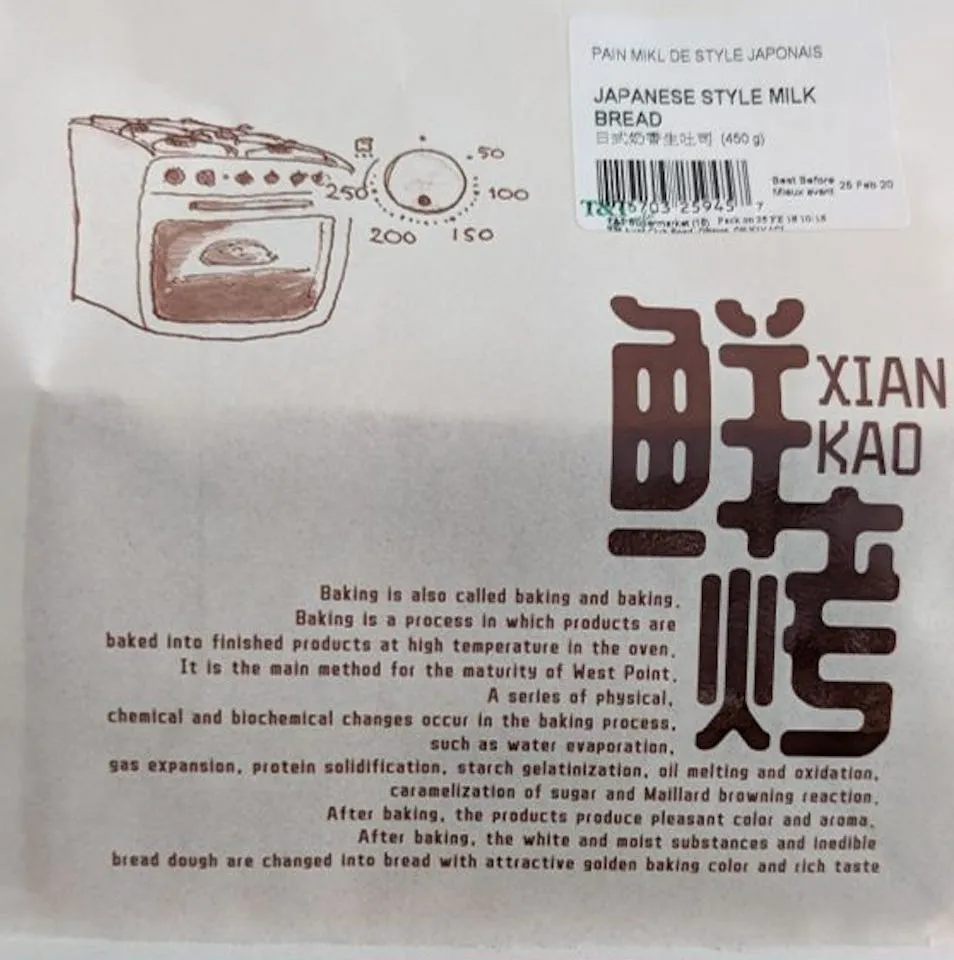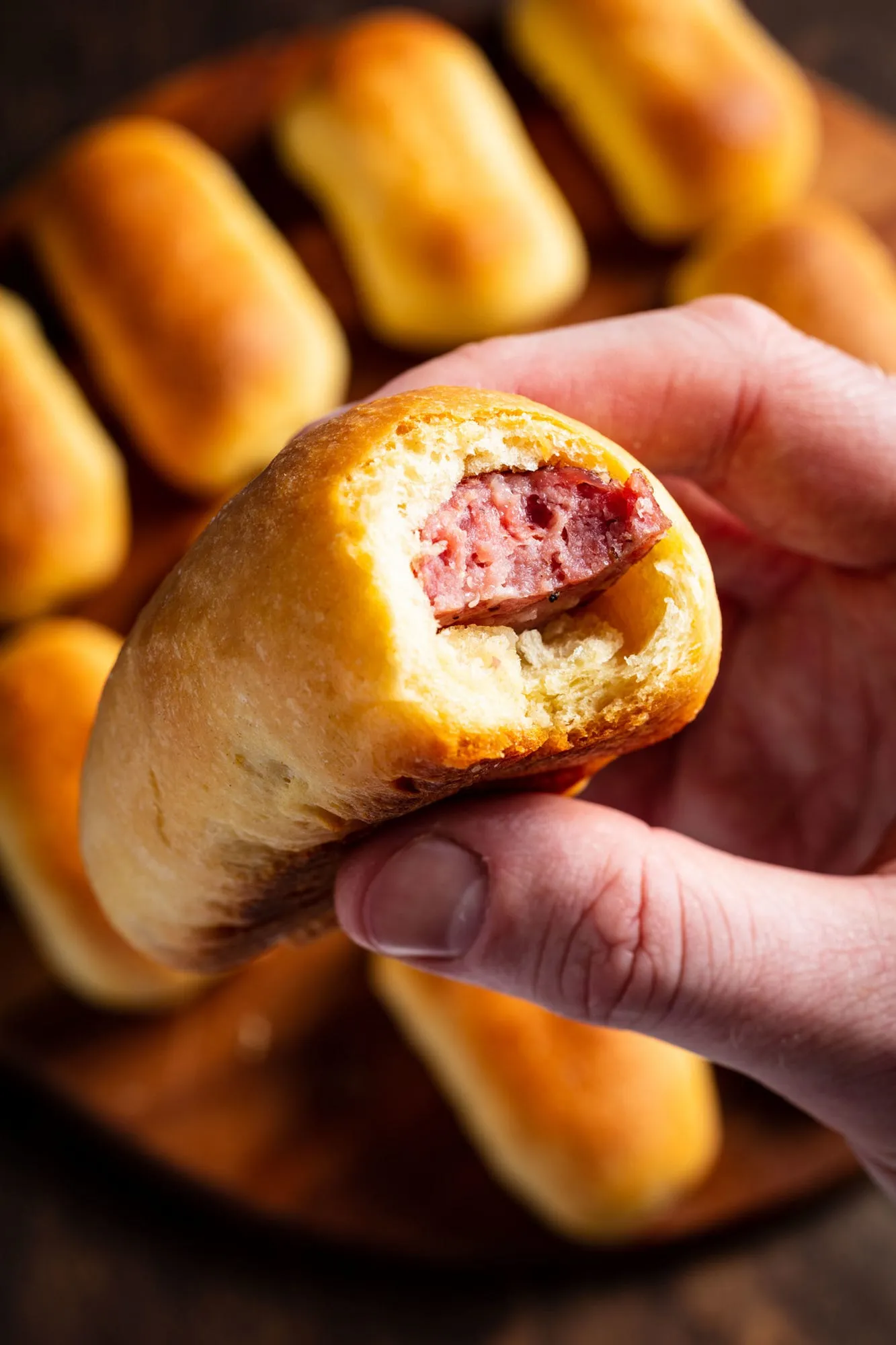Friday Bread Basket 9/22/23
A heavy basket
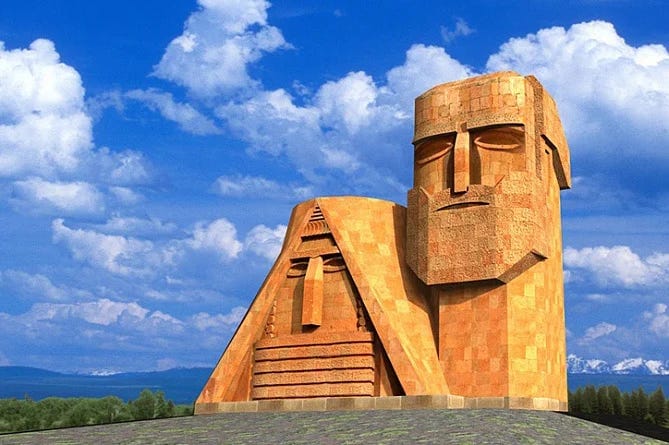
Table of Contents
I was working on a different Friday Bread Basket for today, but the news this week means I can’t just write blithely about bread. There’s always lots happening in the world, so you are probably unaware that the 120,000 Armenians in the enclave of Artsakh, an island of Armenia surrounded by Azerbaijan is currently under military siege, after having been starved of access to food, medical supplies, and energy for nearly nine months.
I wrote about Artsakh here three years ago, at the end of the last war with Azerbaijan, and used the word “hopeful” at the time:
While a fragile peace held for a few years after that, it’s clear that Azerbaijan was simply biding their time, waiting for an opportunity to complete their goal of removing the Armenians of Artsakh through starvation, attrition, and now finally ethnic cleansing and murder. Russia acted as “peacekeepers” in Artsakh, and, as many outside observers predicted, their own war in Ukraine meant they wouldn’t really be paying much attention to the mission, and the Azeris took advantage of the opening. And the genocide outsiders predicted would happen when they did is now underway:
“Azerbaijan said it would open the Lachin Corridor to let residents of Nagorno-Karabakh out. However, they won’t be able to return. Thus, the choice of those 120,000 people in Nagorno-Karabakh is: stay and suffer genocide through starvation and lack of healthcare. This is despite the fact that the International Court of Justice in The Hague (ICJ) has made it clear to Azerbaijan that the blockade of the Lachin Corridor creates a direct risk to Armenians.”
Melanie O’Brien also argues that Azerbaijan is fully aware of this.
“Azerbaijan is aware of the order from The Hague but continues the blockade. In addition, Azerbaijan has bombed civilian areas in recent days, which is also considered a war crime. Thousands have fled from villages that Azerbaijan has taken and occupied without anywhere else to go but to other parts of Nagorno-Karabakh. Azerbaijan is now killing by bombing, starvation and denial of healthcare.”
She points out that Azerbaijan has committed to delivering fuel and food.
“Azerbaijan has said it will deliver food and fuel to Nagorno-Karabakh, but it remains seen as to whether this will be done, after 9 months of denying such humanitarian needs.”

Back in 2020, I wrote about jingalov hats, the traditional herb-stuffed flatbread from Artsakh that is in many ways its national symbol.
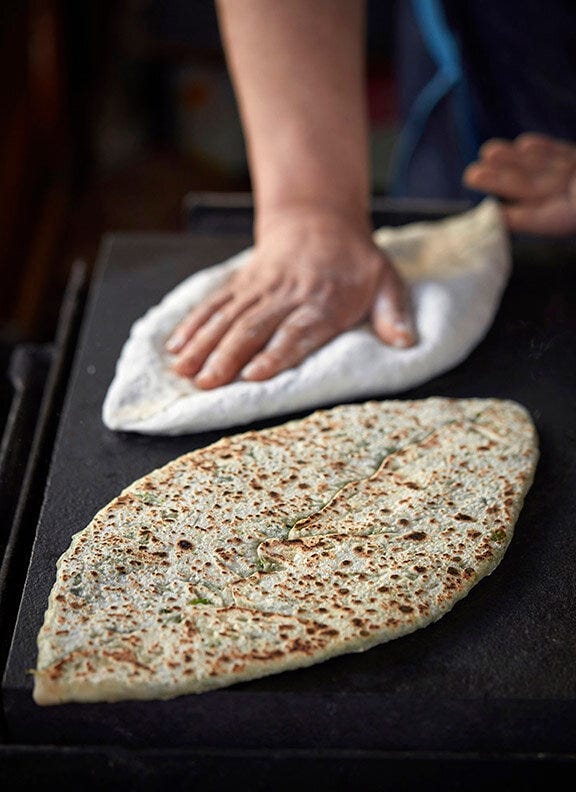
It’s entirely possible that at the end of this saga, there will no longer be Armenians in Artsakh, a place they have lived since at least the 6th Century, B.C.E. Those who survive to find another life elsewhere will surely bring jingalov hats with them, but it’s hard to see how it won’t be forever linked to sadness and grief from this point on.
—Andrew
wordloaf Newsletter
Join the newsletter to receive the latest updates in your inbox.
